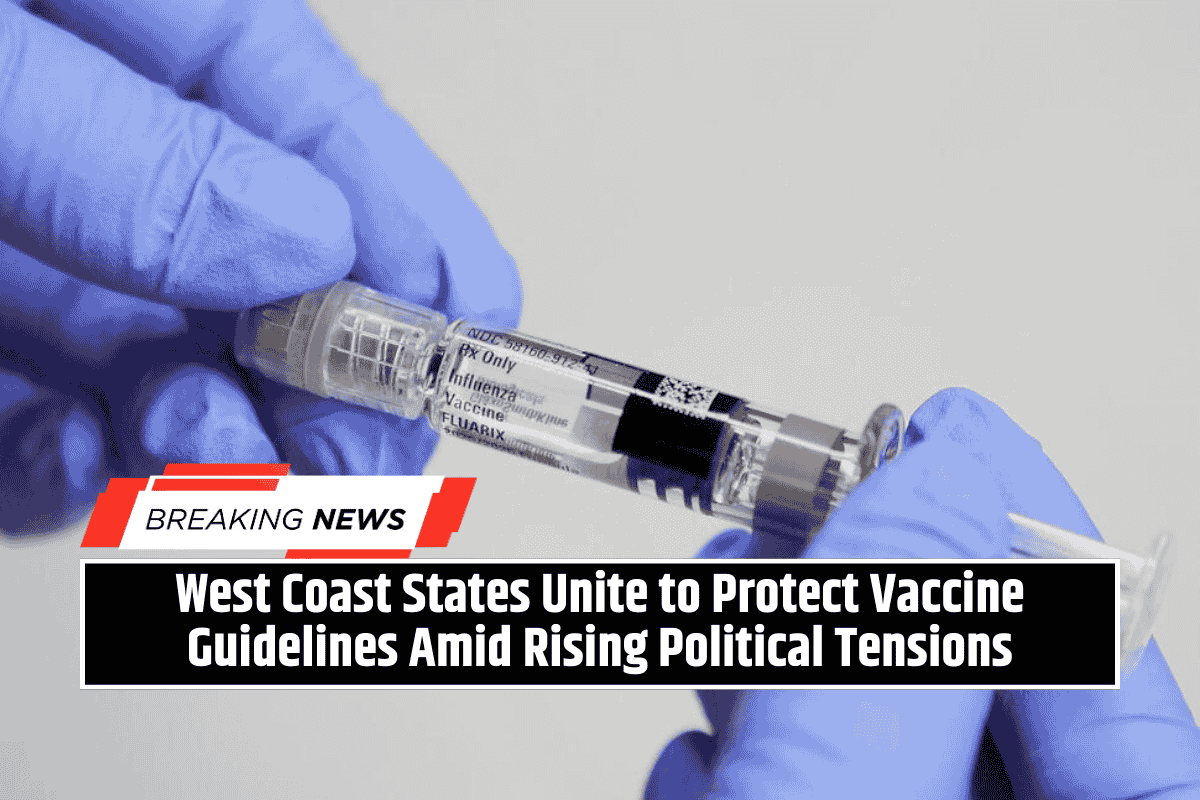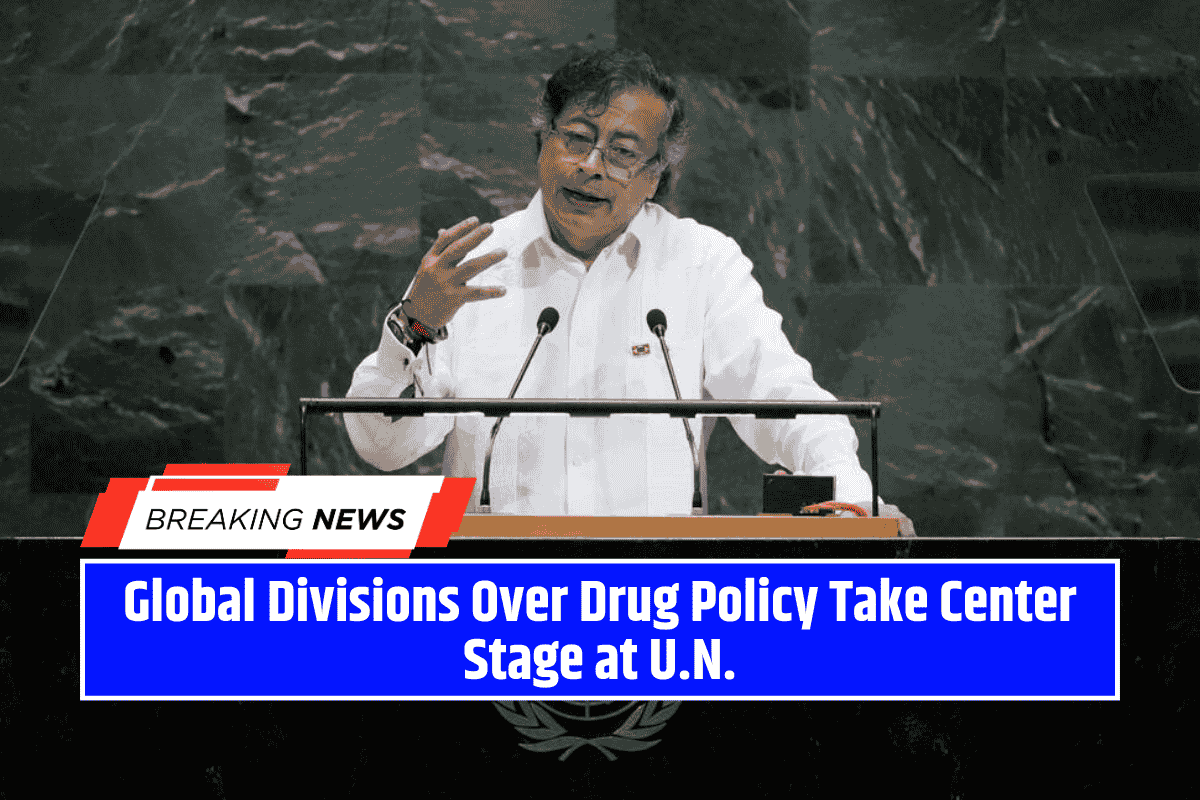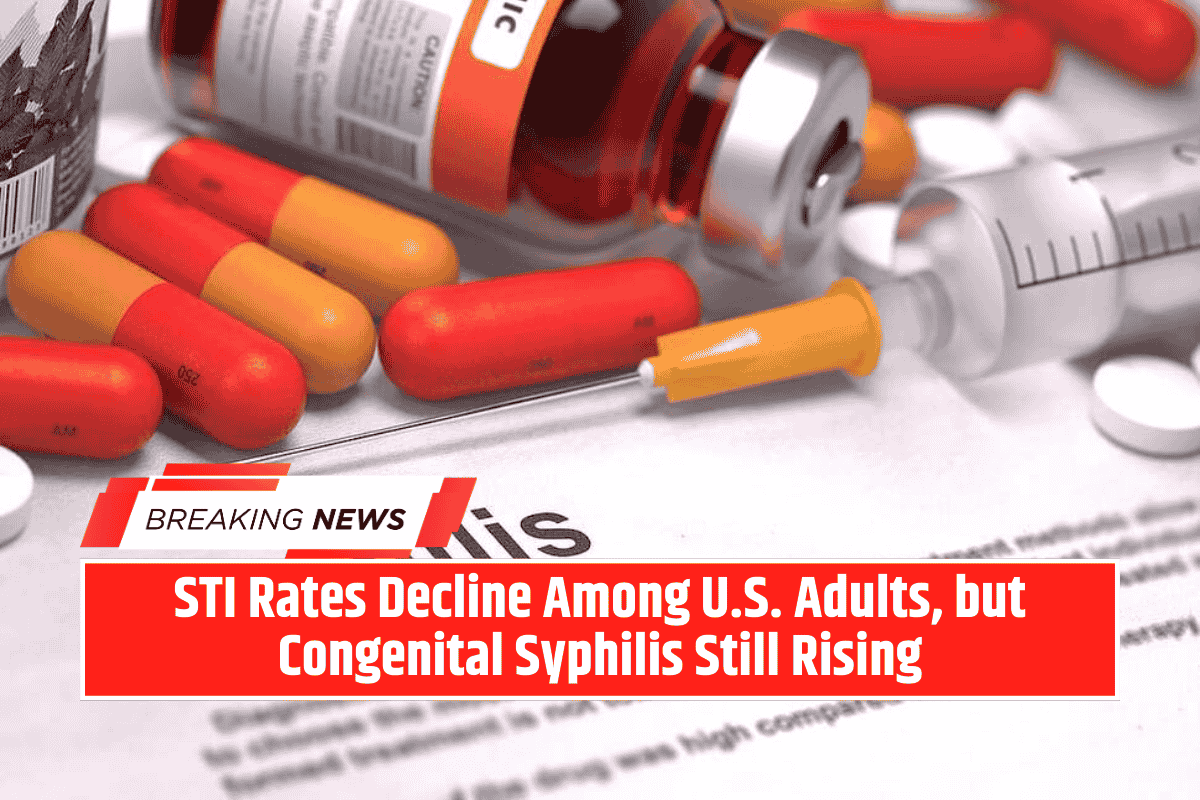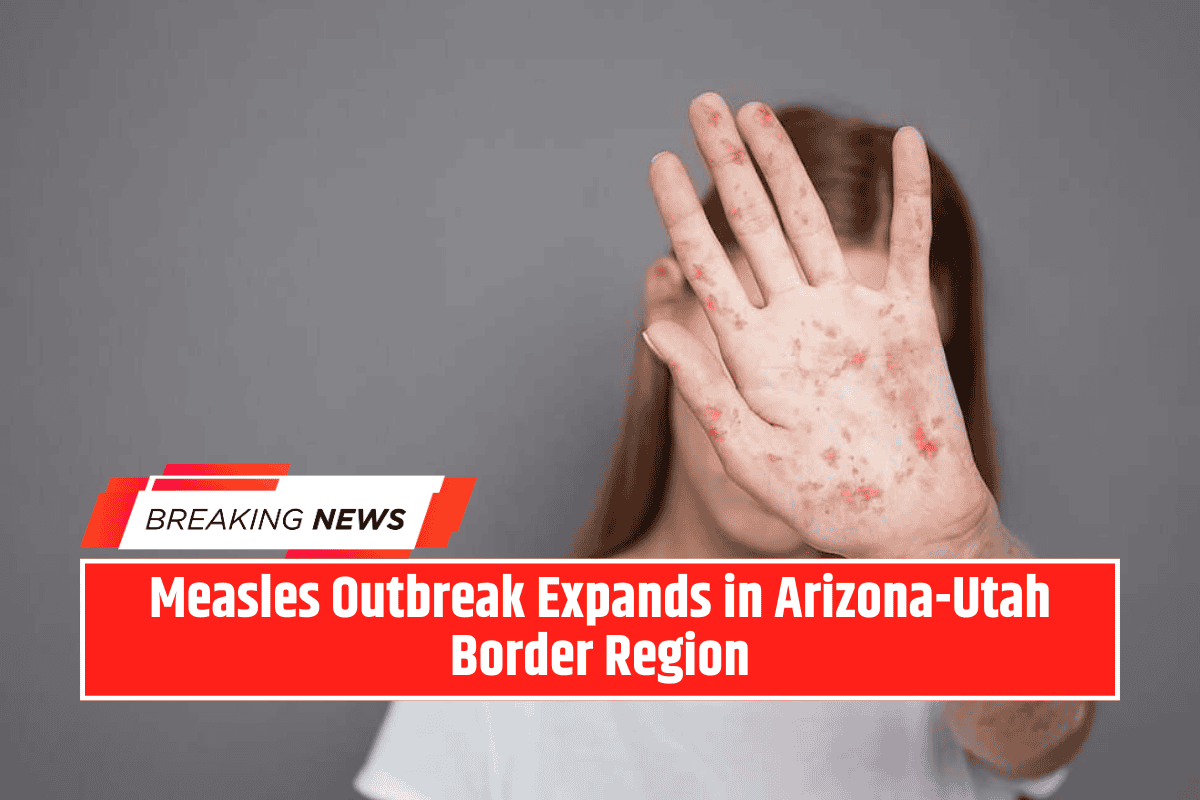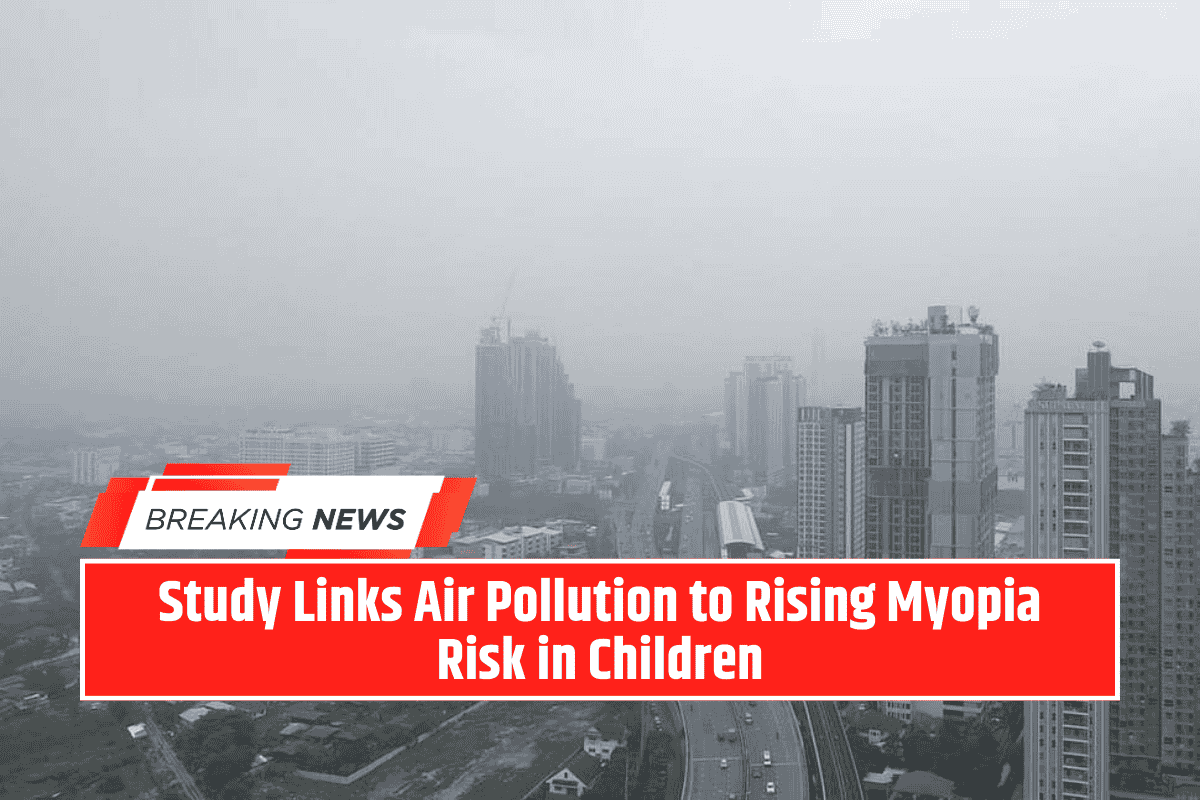In a strong response to recent federal moves, four Democrat-led Western states — California, Oregon, Washington, and Hawaii — have come together to issue clear recommendations on who should get vaccinated for seasonal respiratory illnesses like the flu, RSV, and COVID-19. T
heir joint efforts come at a time when trust in public health agencies is being tested, with increasing political interference affecting national vaccine policies.
Why the West Coast Formed a Health Alliance
Earlier this month, the four states formed the West Coast Health Alliance, a joint initiative aimed at protecting science-backed health decisions. They said they were deeply concerned about what they called the “weaponization” of federal health agencies, accusing the Trump administration of using the Centers for Disease Control and Prevention (CDC) for political gains — especially around vaccines.
The alliance hopes to maintain public trust by sticking to advice based on decades of medical research, which shows vaccines are both safe and effective. Their latest guidelines reflect recommendations from leading medical organisations.
What the New Vaccine Guidelines Say
The West Coast Health Alliance released detailed advice on who should get vaccinated. These suggestions are in line with what most experts have long said:
- Flu Vaccine: Everyone over 6 months old should get a flu shot every year.
- RSV Protection: Babies and infants should be protected against RSV, a common but sometimes serious respiratory virus.
- COVID-19 Vaccine: Recommended for:
- Children aged 6 to 23 months
- Adults over 65
- People under 65 with existing health conditions or who are in regular contact with at-risk individuals
- Pregnant individuals or those planning to become pregnant
- Anyone who wants added protection
Concerns Over Changes at the CDC
The alliance’s move comes just before a CDC advisory panel is set to review vaccine guidance. But there’s already been major controversy. Earlier this year, U.S. Health Secretary Robert F. Kennedy Jr. — known for his anti-vaccine views before taking office — fired the CDC’s 17-member advisory panel. He replaced it with members who include vaccine skeptics.
Former CDC chief Susan Monarez testified that she was removed from her position after just 29 days for refusing to approve changes to the childhood vaccine schedule that lacked proper data. Health experts say this is a worrying sign of politics entering spaces that should be led by science.
Pushback and National Reactions
The U.S. Department of Health and Human Services (HHS) has criticised the West Coast’s joint effort. A spokesperson accused these states of losing public trust during the COVID era by enforcing strict lockdowns and mandates, claiming that now they are continuing to play politics.
However, states beyond the West Coast are also responding to the changes at the federal level:
- Massachusetts is ensuring insurance covers vaccines recommended by its own health department, regardless of federal guidance.
- New Mexico is allowing pharmacists to give COVID-19 shots based on state advice.
- Pennsylvania has taken steps to keep COVID-19 vaccines widely available.
- Colorado and Washington are also working to ensure vaccines remain accessible to all who need them.
On the flip side, some states are considering removing vaccine requirements for schools, following Florida’s lead.
What This Means for Public Health in India and Globally
While this issue is rooted in U.S. politics, the implications could be global. When a leading health authority like the CDC loses credibility or independence, it may influence how other countries view vaccine safety and policy.
For countries like India, where vaccine coverage and awareness are still growing, maintaining faith in science-led decisions is essential.
As the world continues to deal with seasonal respiratory viruses, especially with COVID-19 still around, clear, science-based guidelines — not politics — are what people need most.
The West Coast Health Alliance’s decision to stick with science-backed vaccine recommendations sends a clear message — public health must not be politicised. As debates grow louder across the U.S., many states are choosing to protect their residents by following solid medical research.
For India and the rest of the world, it’s a reminder that trust in public health systems can only be maintained through transparency, facts, and people-first policies.
